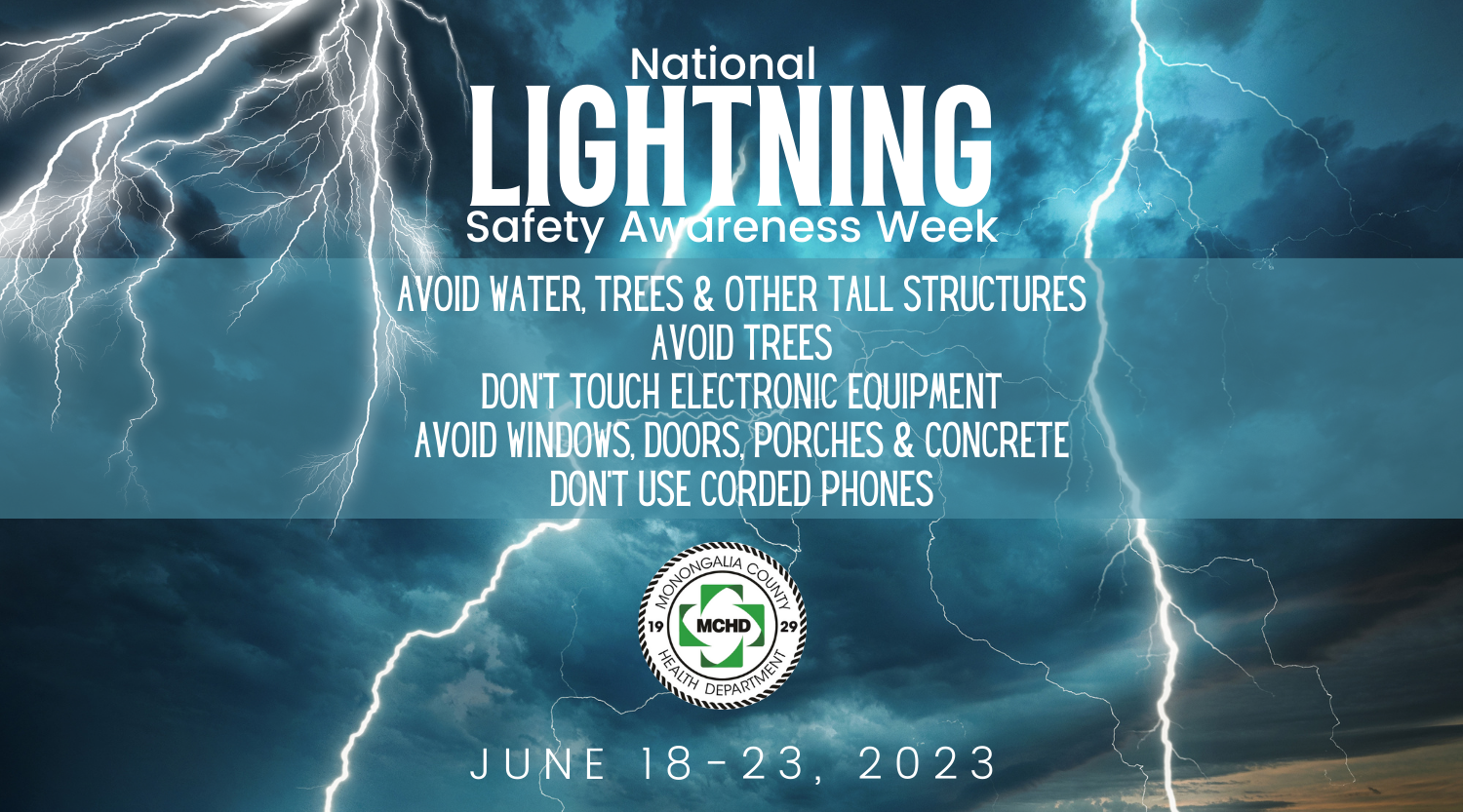Lightning can strike more than once

Jun. 21, 2023
By Mary Wade Burnside
Amber Escudero-Kontostathis huddled under a tree across from the White House last August with three others to shelter from a storm.
Unfortunately, tall structures are more likely to be hit by lightning than lower areas around them, and that’s indeed what happened. Her companions died.
According to a profile in the June 12, 2023 edition of the Washington Post, “The lightning strike blew up (Amber’s) electronic tablet. It made her watch so hot, it melted flesh on her wrist. Surging up through her foot, it fried her nervous system, stopped her heart and burned gaping holes in her body. For days, she couldn’t move. She had to relearn how to walk.”
Amber’s still living with the pain of the lightning strike, unsure how much of a recovery she will ultimately make.
The story notes that scientists recorded six distinct bolts of lightning hitting a single spot in half a second, and that Amber can’t remember anything that happened after posting to her social media about the impending storm.
It’s impossible to avoid every potential threat that a storm can bring. But being aware of the weather, and what to do if lightning begins to strike, can help keep you and your loved ones safe.
National Lightning Safety Awareness Week begins today and runs through Saturday and it’s no coincidence that it corresponds with the first week of summer. Individuals spend more time outdoors swimming, golfing and boating, which are activities that are likely to be interrupted by lightning.
But Monongalia County Health Department’s Environmental Health program wants to remind people to take care year-round to avoid lightning.
The Centers for Disease Control and Prevention offers lightning safety tips for both indoors and outdoors. We’ll start with indoor tips, and it turns out that my mother was right about the first one!
• Avoid water. Do NOT bathe, shower, wash dishes or have any other contact with water during a thunderstorm because lightning can travel through a building’s plumbing. The risk of lightning traveling through plumbing might be less with plastic pipes than with metal pipes. However, it is best to avoid any contact with plumbing and running water during a lightning storm to reduce your risk of being struck.
• Don’t touch electronic equipment. Do NOT use anything connected to an electrical outlet, such as computers, laptops, game systems, washers, dryers or stoves. Lightning can travel through electrical systems, radio and television reception systems and any metal wires or bars in concrete walls or flooring. Equip your home with whole-house surge protectors to protect your appliances.
• Stay away from windows and doors, and stay off porches. Do NOT lie on concrete floors or lean on concrete walls during a thunderstorm. Lightning can travel through any metal wires or bars in concrete walls or flooring.
• Don’t use corded phones. However, it is safe to use cordless or cellular phones during a storm.
Outdoor Safety Tips
• Check the weather forecast before participating in outdoor activities. If the forecast calls for thunderstorms, postpone your trip or activity or make sure suitable safe shelter is readily available.
• Find a safe, enclosed shelter when you hear thunder. Safe shelters include homes, offices, shopping centers and hard-top vehicles with the windows rolled up. Don’t stay in open vehicles such as convertibles, motorcycles and golf carts.
• Separate from others. If you are in a group during a thunderstorm, separate from each other. This will reduce the number of injuries if lightning strikes the ground.
• If you are out in the open water and a storm rolls in, return to shore immediately.
• Avoid open structures such as porches, gazebos, baseball dugouts and sports arenas.
• Stay away from tall structures, such as telephone poles and trees; lightning tends to strike the tallest object around.
Don’t let your summer fun be ruined by lightning. Planning ahead of time and knowing how to react if a sudden storm arises can help you avoid a strike.
Mary Wade Burnside is the public information officer at Monongalia County Health Department.